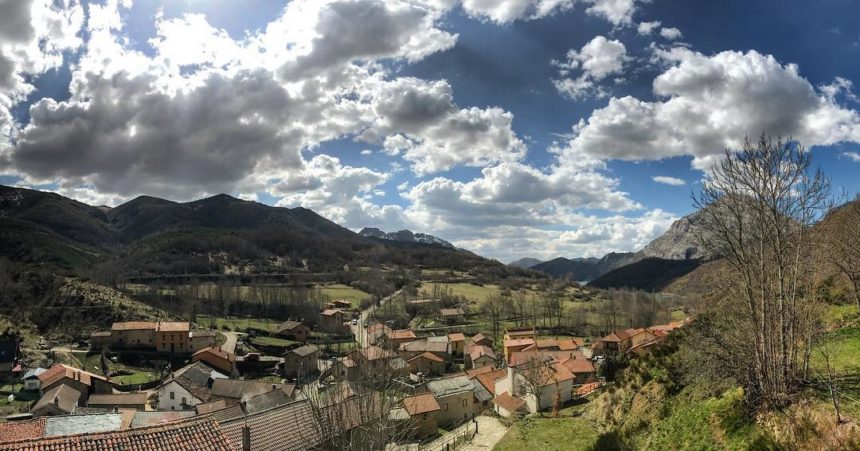##Spain’s Recovery and Resilience plan, which is aimed at rejuvenating the Spanish economy following a fall during the Coronavirus crisis, now includes using €200 million to offer up faster internet speeds to those living in rural areas that have slow internet connections.
Spain has been given €72 billion in EU grants, which is aimed to help modernise the Spanish economy. Plans for investing this money include: boosting science and technology education, digital projections, investing in energy transition and housing, as well as the increased internet speed project. These projects are aimed to be implemented by 2026.
The internet speed project has seen the European Commission allow Spain to use €200 million of the €72 billion funds to offer internet speeds of up to 300 Mbps to rural areas. It is estimated that almost one in ten people in Spain live in these under-populated rural areas that have poor internet connections with about eight percent of Spain’s population living in areas with internet speeds under 100Mbs.
This project has been approved by Brussels, with the hope that by bringing high-speed broadband internet to the under-populated rural areas, it will also encourage those working remotely to move to dying villages, which would then bring more business and money to Spain’s under-populated areas.
This hope to see more Spaniards move to rural areas and villages comes from Spain’s countryside losing around twenty-eight percent of their population as more workers left to find jobs in various cities over the previous fifty years. This loss was further increased due to local services and connections with the developed cities worsening, meaning that thousands of Spanish villages have either been abandoned or are at risk of dying out.
Whilst the pandemic has seen a percent of the population of those living in Spanish cities move to the countryside for a more peaceful lifestyle, many are hoping that by fixing the issue of the slow internet connection an incentive will be created to encourage even more city dwellers to start a new life in the countryside. This will then create an economic growth and bring about employment opportunities for the portion of the population that already lives in rural areas.
It is further hoped that through public and private funding, Spain can become the first country in the European Union with one-hundred percent fibre-optic coverage. Optical fibre coverage would mean faster broadband coverage for everyone living in Spain, with the rural areas being included in these plans.
’24/7 Valencia’ report by Rhianydd Sword
Photo of rural Spain copyright ‘Kaiko’
Related Post
This site uses Akismet to reduce spam. Learn how your comment data is processed.

























Leave a comment